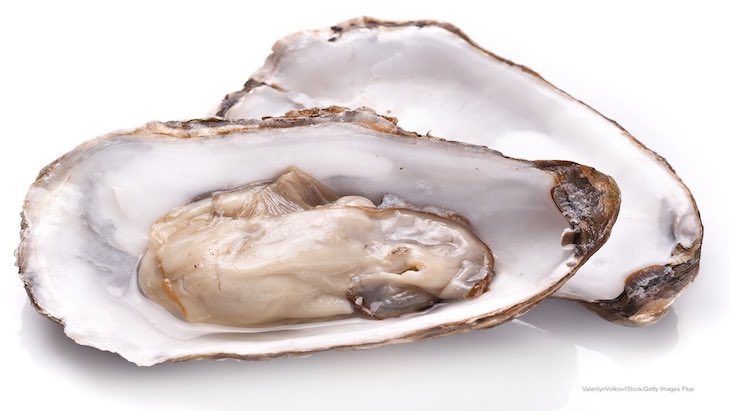FDA is weighing in on the wild harvest oysters Salmonella outbreak that has sickened at least eight people in Florida, Georgia, and Alabama. Any retailers and restaurants that have received wild harvest oysters from harvest area FL-3012 in Cedar Key, Florida, harvested between December 16, 2022 and February 24, 2023 should be discarded. Consumers who bought those oysters at retail in those three states should also discard them.

The FDA says it’s possible that other states may have received the oysters. So if you purchased raw oysters, check the packaging to see if they were harvested in that area.
A Salmonella outbreak linked to those oysters has been detected by the state health departments in Florida, Georgia, and Alabama. Eight cases are linked to this outbreak. We do not know the patient age range, illness onset dates, or if anyone has been hospitalized.
An emergency closure order for that harvesting area has been issued by the Florida Department of Agriculture and Consumer Services, and a recall of those oysters has been issued. The Interstate Shellfish Sanitation Conference has been notified about this closure.
After discarding the oysters, clean and sanitize any containers that held them. And wash your hands thoroughly with soap and water after cleaning and after handling the oysters.
Raw oysters have been a source of foodborne illness in the past. People who are at high risk for complications from food poisoning should consider avoiding raw oysters.
Symptoms of salmonellosis, the illness caused by this pathogen, usually occur 12 hours to three days after infection. Most people suffer from diarrhea, fever, and abdominal cramps. A more serious case can include a high fever, headache, lethargy, a rash, and blood in the urine or stool.
If you have eaten these oysters and have been ill with these symptoms, see your doctor. You may be part of this outbreak of Salmonella wild harvest oysters.

If you have been sickened with a Salmonella ood poisoning infection after eating wild harvest oysters from FL-3012, please contact our experienced attorneys for help with a possible lawsuit at 1-888-377-8900 or text us at 612-261-0856. Our firm represents clients in lawsuits against grocery stores, restaurants, and food processors.




